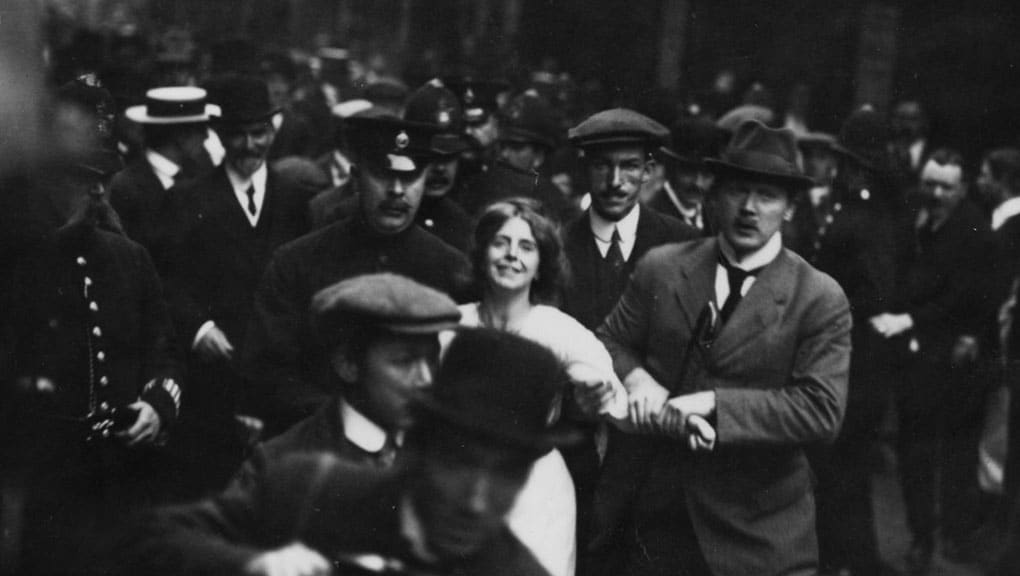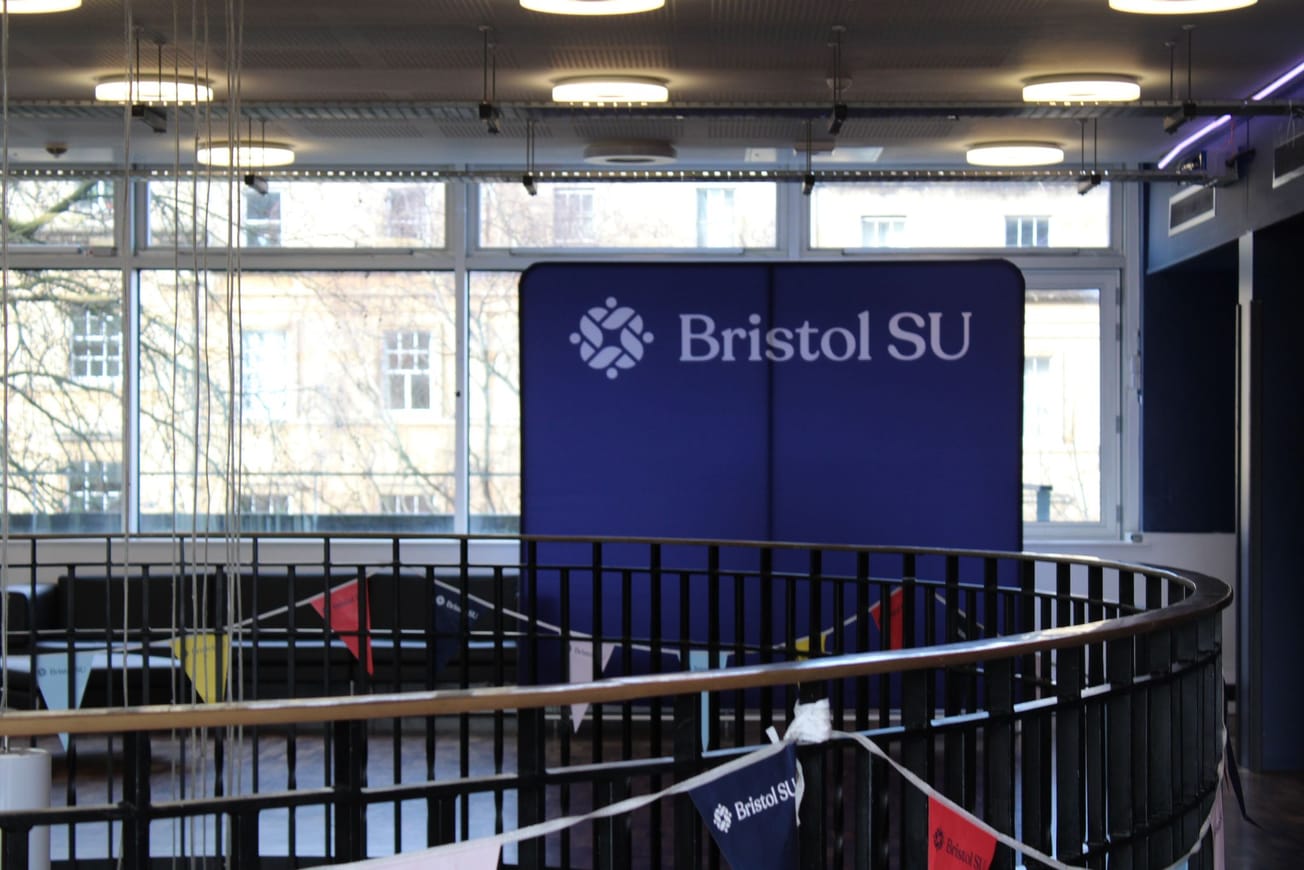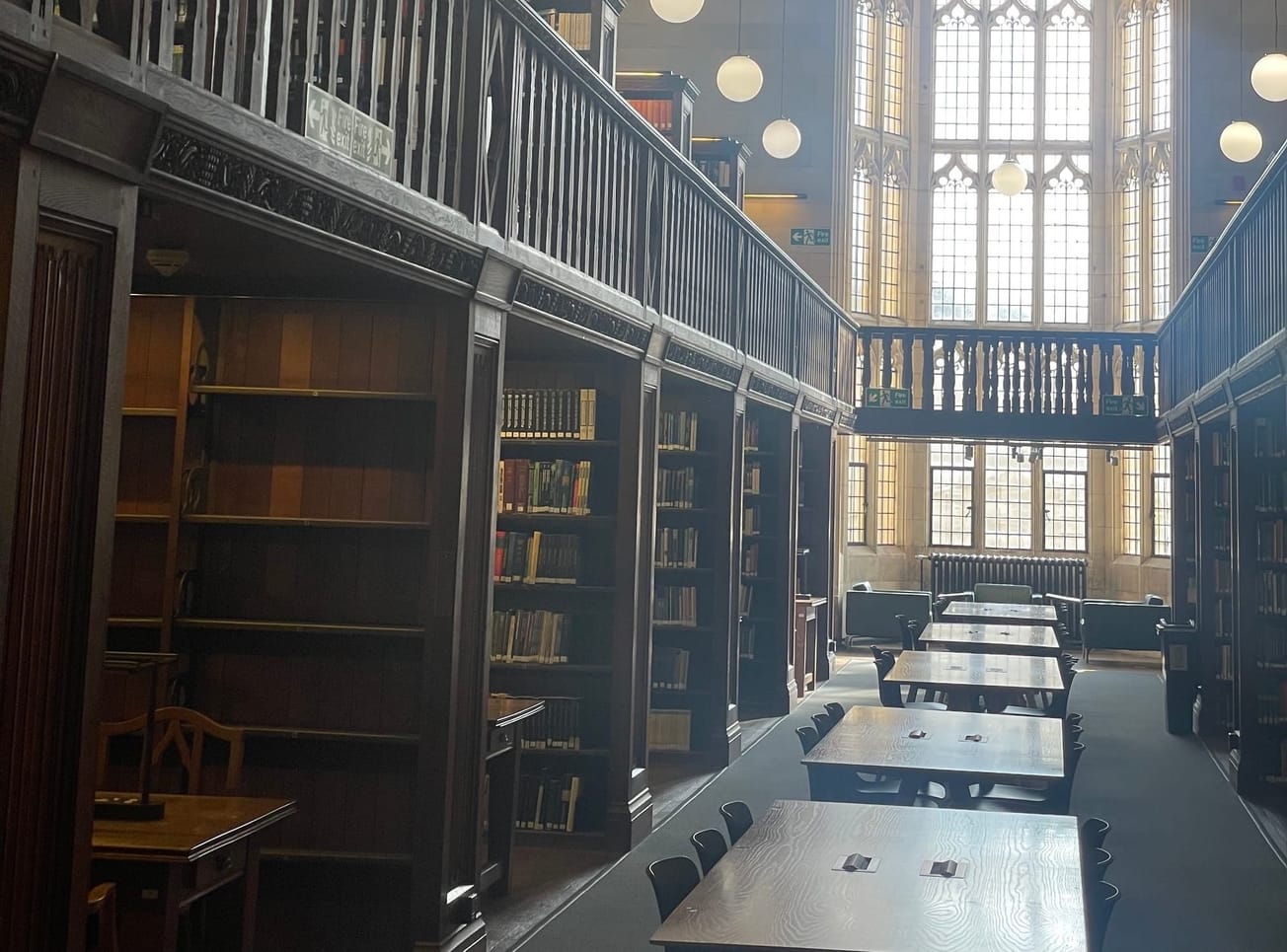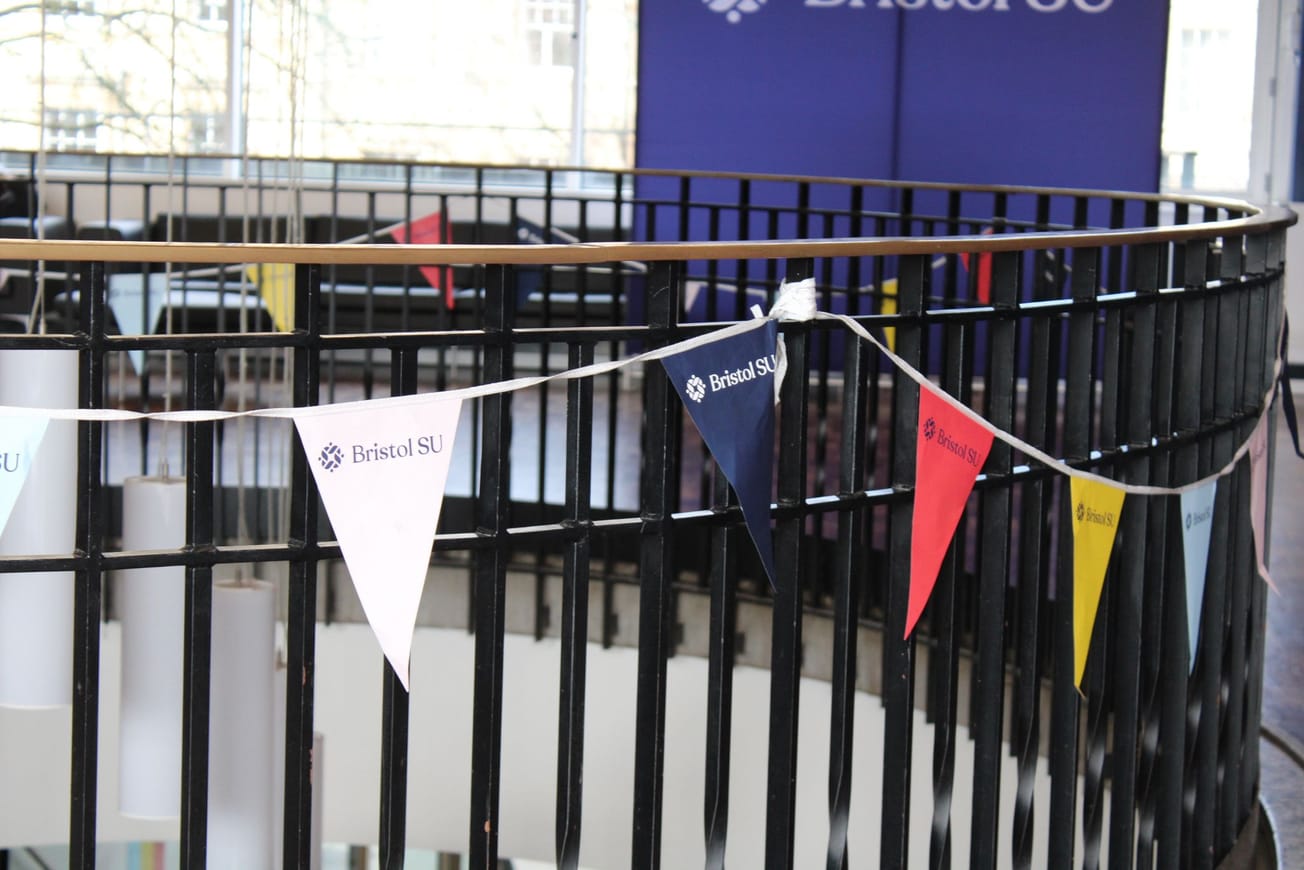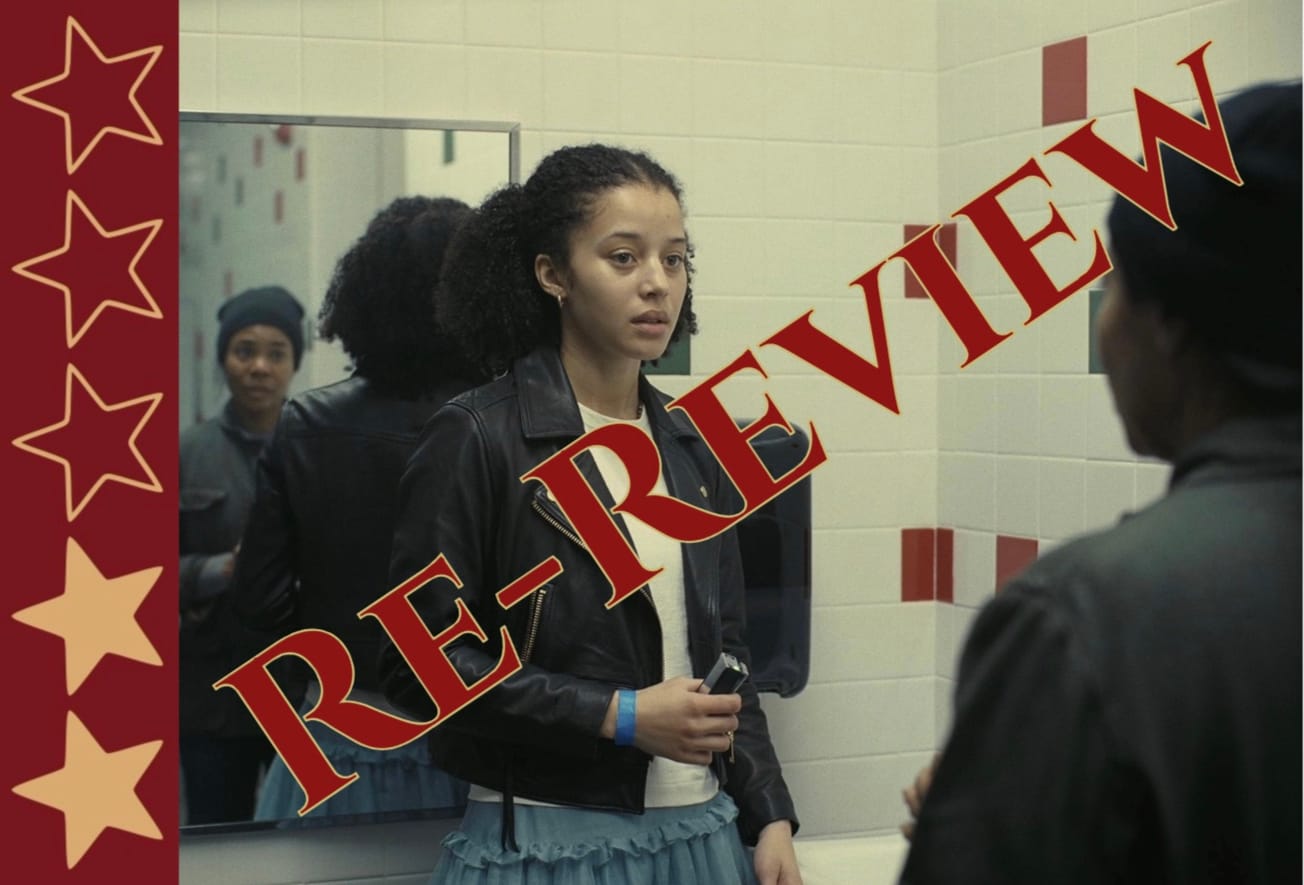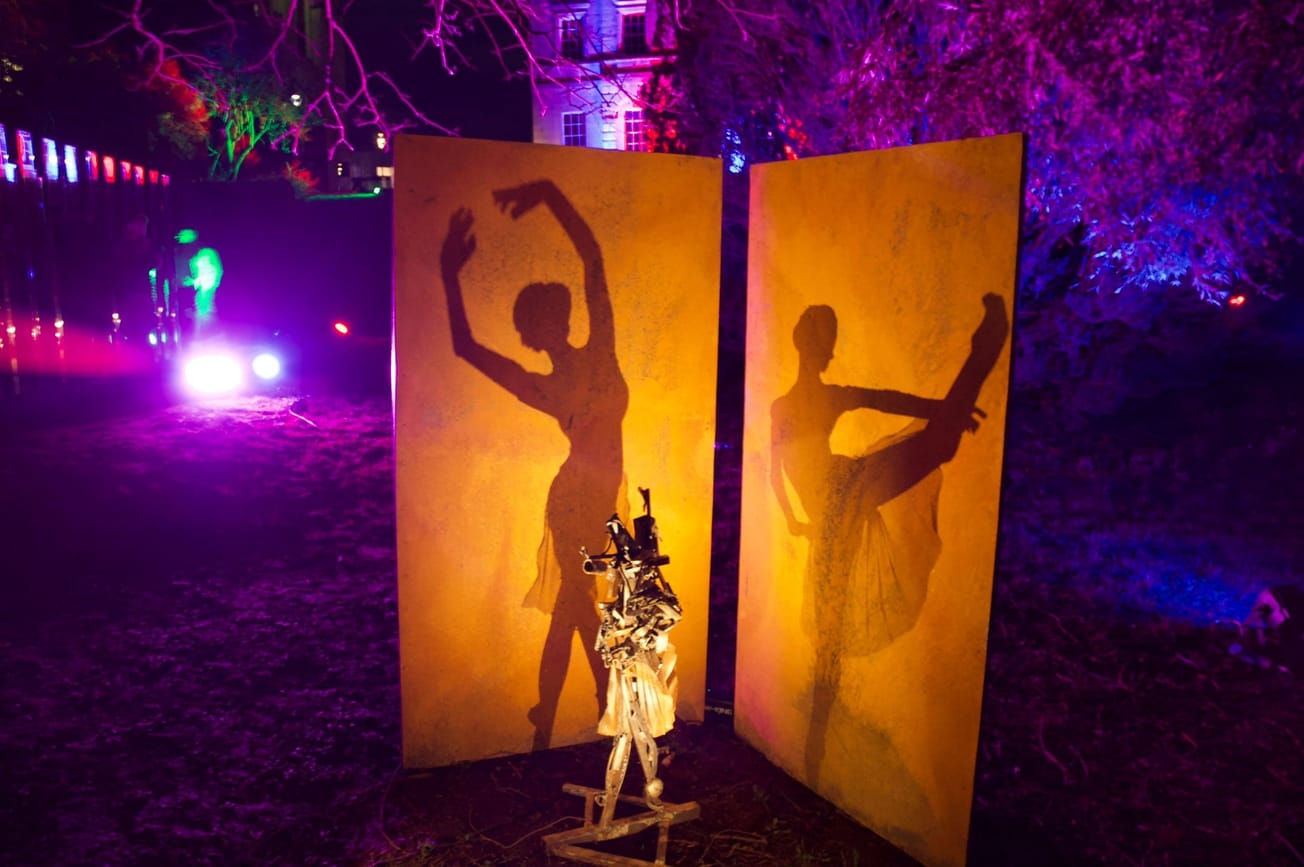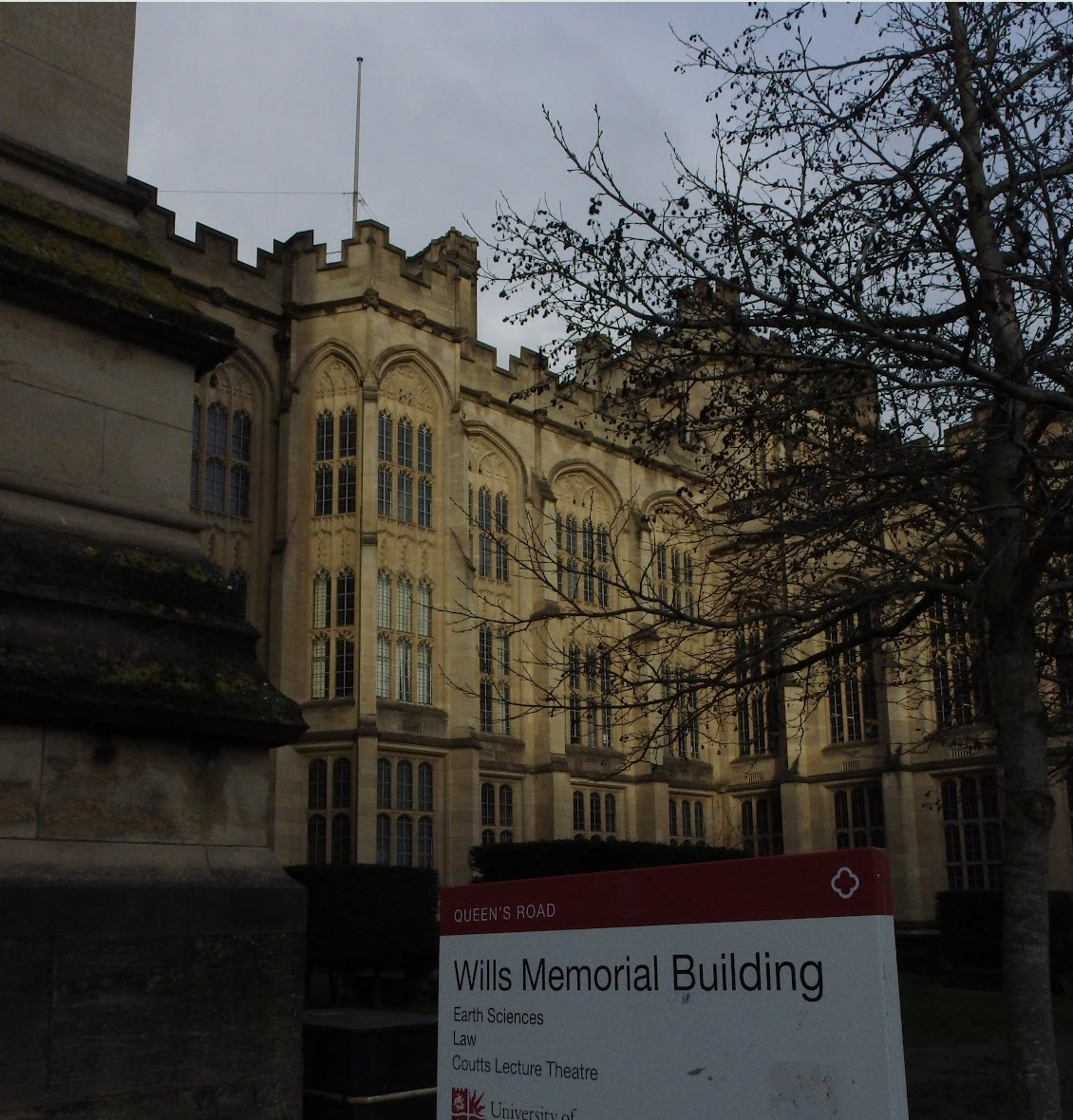Quotation by Chapman Catt, 1920
By Robin Connolly, First Year History
All jokes about burning bras aside, these women were up for burning their prison cells to get their voices heard.
The 18th of December 2018 marked the centenary of women’s suffrage. 2018 also saw the Times Up and Me Too campaigns headlining the news, pushing discussions about women’s rights to the frontline of Western news. 100 years down the line we may have evolved past more fundamental disputes over education and voting, we still live in an unequal society.
This historical milestone is one of the most pivotal campaigns in our nation’s history. We all learned about the Suffragettes at school, have heard about the Pankhursts in the media and have been told the story of Emily Davison’s stepping in front of King George V’s horse at the Epsom Derby in 1913. Yet it feels as if many voices of the Suffragette movement have been buried in our national consciousness – we bask in their victory while knowing little about their individual struggle.
Bristol has a legacy of political activism, especially in the realm of women’s rights. In 1840, the Bristol and Clifton Auxiliary Ladies Anti-Slavery Society was formed. 1868 saw the Clifton Branch of the National Society for Women’s Suffrage open, which joined the National Union of Women Suffrage Societies. The campaign for women’s suffrage excelerated in Bristol, as it became a key location for the suffragette’s work in the South West.
In 1907, the Women’s Social and Political Union (WSPU)’s Bristol branch was opened by Annie Kenney, a co-founder of the organisation’s first branch in London and a staunch supporter of the Pankhursts. She played a signifcant role in the movement's growing militancy and was imprisoned twice at the start of the 1900s- one imprisonment saw her behind bars for 6 weeks. The many unsung heroes of Kenney include Maria Colby, Lillias Ashworth, Agnes Beddoe and many other local women. Lucienne Boyce’s work, ‘The Bristol Suffragettes’ is a worthwhile read for those who are interested in uncovering Bristol's role in suffragism. These hidden historical activists should be saluted for their fight for women's voices to be heard at the ballot box.
Take for example Theresa Garnett, who attacked the President of the Board of Trade - and Prime Minister-to-be - Winston Churchill with a whip at Temple Meads station in 1909. Theresa was arrested, went on hunger strike and was force fed, as well as setting fire to her cell in protest. She was awarded for her bravery by the WSPU and went on to serve the feminist movement until her death. Mary Sophia Allen was imprisoned for fourteen days for smashing windows during Churchill’s 1909 visit to the city.This was not the first act of violence to take place at the railway station. In 1909, MP Augustine Birrell was attacked by two women, while touring to advertise Asquith’s ‘people’s budget’.
Theresa Garnett, who attacked the President of the Board of Trade - and Prime Minister-to-be - Winston Churchill with a whip at Temple Meads station in 1909. Theresa was arrested, went on hunger strike and was force fed, as well as setting fire to her cell in protest.
It is so difficult for us to comprehend just how far these women were willing to go in order to secure their democratic right.Yet, while it is all very well to write a list of who did what and when they did it, what does this history mean for us today?
On 15 December 2018, Bristol West MP, Thangam Debbonaire, led a ceremony to unveil the Clifton Blue Plaque, in honour of Florence Davenport Hill, who was responsible for forming Bristol’s Society for Women’s Suffrage. As a female voter and MP herself, Thangam remarked upon how far women have come in their fight for equality and how important the work of the Bristol suffragettes was. The plaque was organised, and crowd funded by author Lucienne Boyce and was supported by the Bristol Civic Society. It will remain an ever-present reminder of what these women gave up, in order to secure the vote for people like us.
Following the installation of a Blue Plaque for #Bristol’s first women’s #suffrage society, I have updated A Suffrage Walk Around Clifton Village. Download your free suffrage walk here https://t.co/YuBuzRYqBx #Vote100 Pic: Gordon Young @BristolCivicSoc pic.twitter.com/zX5r72ZK8c
— Lucienne Boyce (@LucienneWrite) January 1, 2019
It is important to stress that we, as young, educated women have an obligation to vote in our country’s elections. Whether in Bristol or in our home constituencies, we must take advantage of the right that we have, that our ancestors fought for, and that so many other women around the world are not able to access. Otherwise, we are doing an injustice to those women who gave their lives for our basic democratic rights. Theresa Garnett burned her own prison cell – it seems little to ask that we turn up at the polling station and write a cross on a piece of paper.
Whether in Bristol or in our home constituencies, we must take advantage of the right that we have, that our ancestors fought for, and that so many other women around the world are not able to access.
Whilst 1918 did mark suffrage for some women, we cannot overlook that it was for exclusively wealthier women. Analogously, third wave feminism must acknowledge the intersectional disparities that still exist across women's rights. Women of ethnic minorities and lower socio-economic status face multilayered discrimination that many young women at Bristol are fortunate enough not to have experienced. One thing we may learn from the Suffragette versus Suffragist divide, is that schisms only impede progression.
Featured Image: Annie Kenney protesting / Flickr / Diego Sideburns
The Blue Plaque can be visited at 3 West Mall, Clifton.
Facebook // Epigram Features // Twitter

